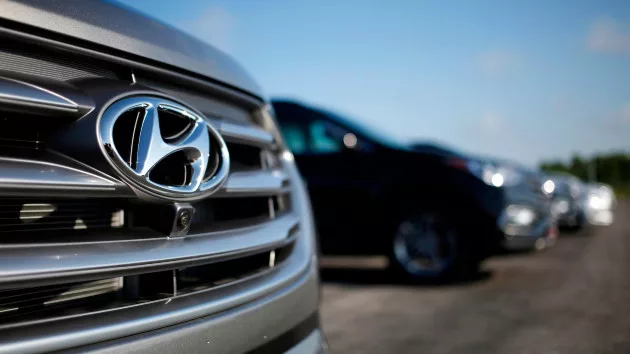Hyundai Faces Lawsuit for Allegedly Employing 13-Year-Old on Assembly Line
(WASHINGTON) — The U.S. Department of Labor has taken legal action against a Hyundai manufacturing plant in Alabama for reportedly employing a 13-year-old child to work long hours on an assembly line. The complaint, filed by the agency, accuses the plant of violating child labor laws by having the young girl work over 50 hours per week instead of attending school.
According to the filing, the child was employed by Hyundai, another auto parts manufacturer, and a staffing agency. The Department of Labor is seeking to prevent these companies from illegally employing children and is also requesting that they surrender profits related to the use of child labor.
This move by the federal agency demonstrates a firm stance on holding companies accountable for labor violations, despite efforts in some states to relax child labor laws. Solicitor of Labor Seema Nanda emphasized that companies cannot shift blame to suppliers or staffing agencies when they are ultimately responsible for such violations.
Hyundai responded to the allegations by stating that the use of child labor goes against their company standards and values. They mentioned conducting a thorough investigation and taking corrective actions promptly. However, they also expressed disagreement with the legal basis for holding them accountable for the actions of their suppliers.
In the past year, the Labor Department has investigated numerous cases of child labor violations across the country, involving thousands of children. This recent case involving Hyundai highlights the ongoing challenges in ensuring compliance with labor laws and protecting the rights of young workers.
As the investigation unfolds and legal proceedings continue, the implications of this case could have far-reaching effects on the automotive industry and manufacturing sector. The outcome will not only impact Hyundai but also set a precedent for how companies are held responsible for labor practices within their supply chains.
Stay tuned to WBAL NewsRadio for the latest updates on this developing story and for comprehensive analysis of its implications. For real-time news coverage and in-depth reporting, visit wbal.com or listen through the WBAL NewsRadio app. Stay informed and stay ahead with WBAL NewsRadio.
